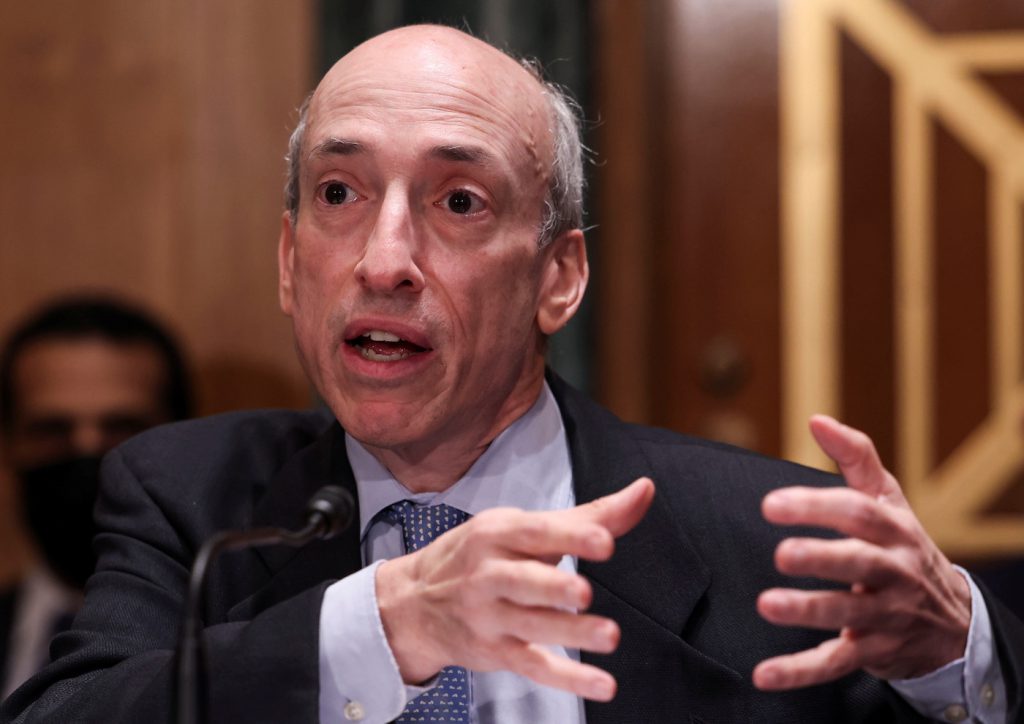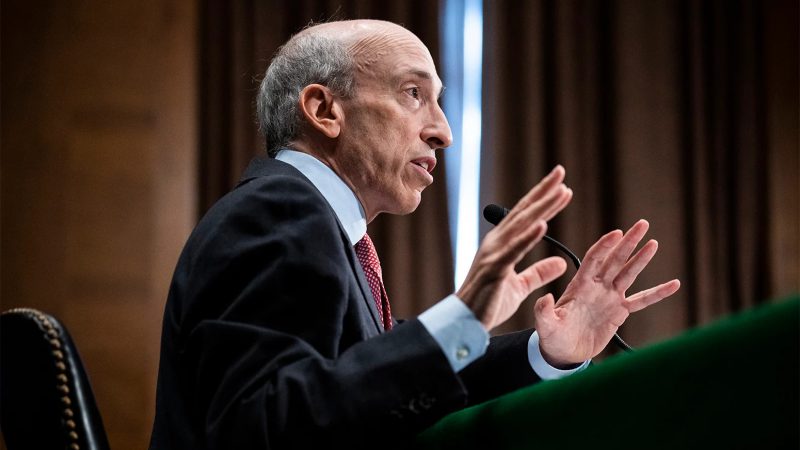US Securities and Exchange Commission (SEC) Chair Gary Gensler has said that AI will be the center of “Future Financial Crises.” Specifically, speaking to the New York Times, Gensler discussed the technology. Noting its inherent power, and inherent dangers to the financial sector.
Gensler told the publication, “This technology will be the center of future crises, future financial crises… It has to do with this powerful set of economics around scale and networks.” Moreover, his statement about artificial intelligence arrives as the sector has seen a massive boom in popularity.


Also Read: SEC Chair Gary Genlser Talks Re-Appealing Ripple Case
SEC Chair Warns About AI’s Place in Finance
Gary Gensler is a name that many in the economic world are familiar with. Moreover, it is a name that men in the digital asset industry have come to be exhausted by. Still, he remains the chairman of the United States financial regulators and an entity that is currently divisive in his perspective.
Subsequently, in a recent interview with the New York Times, the SEC Chair said that AI will be the center of “future financial crises.” Indeed, in discussion with the publication, Gensler noted the dangers of the technology, but those specific dangers were in the financial sector.


Also Read: SEC Chair Gary Gensler Says Crypto is ‘Rife with Fraud’
Specifically, Gensler highlighted what could be a conflict of interest. Noting that the artificial intelligence could be manipulated to serve a specific entity within the space. “You’re not supposed to put the adviser ahead of the investor; you’re not supposed to put the broker ahead of the investor,” Gensler stated.
Moreover, Gensler worried about potential financial advice being given by artificial intelligence. “Investment advisers under the law have a fiduciary duty, a duty of care, and a duty of loyalty to their clients… And whether you’re using an algorithm or not, you have that same duty of care.”
Ultimately, Gensler has sought out company mechanics that would ensure delegations of responsibilities are not given to technology. Consequently, regulation of artificial intelligence has stood as a necessity. The meteoric rise of ChatGPT has certainly placed that need at the forefront. Moreover, its impact on the financial sector may also necessitate that process.





